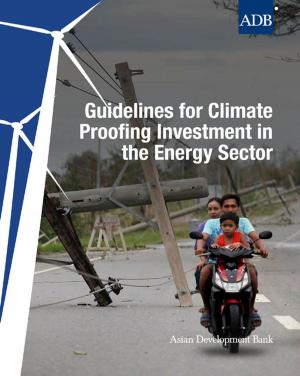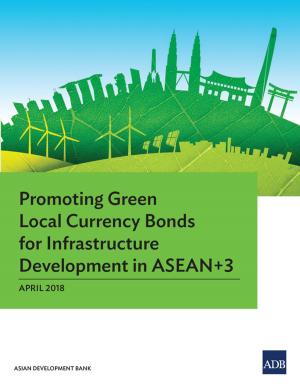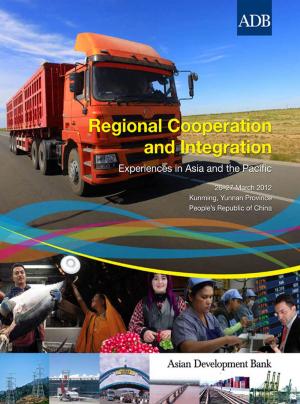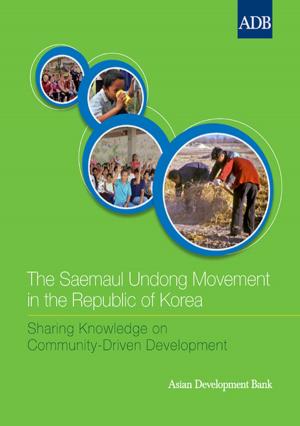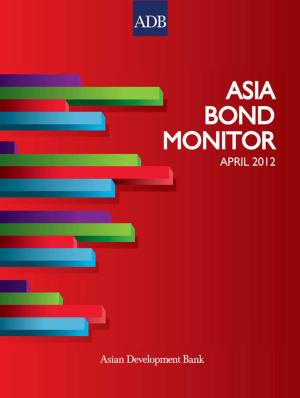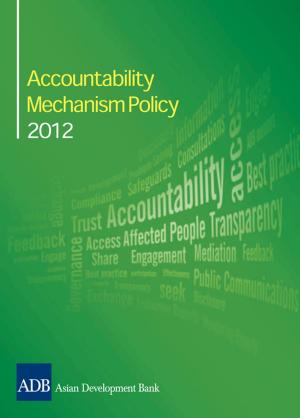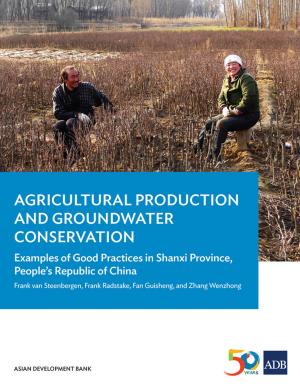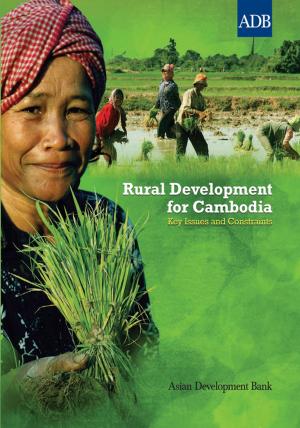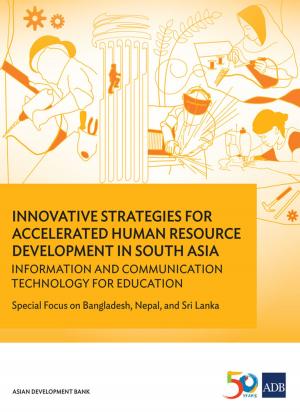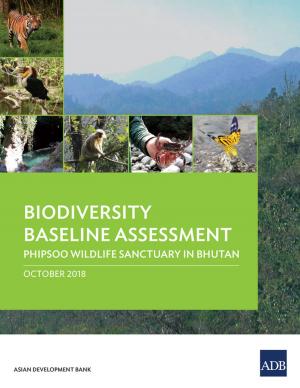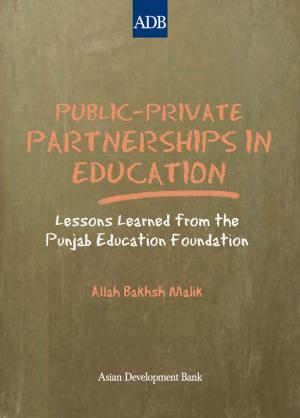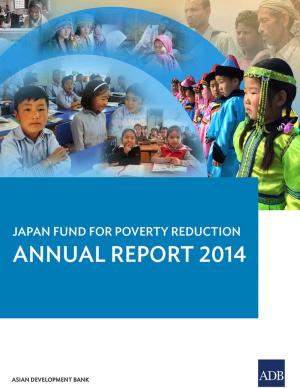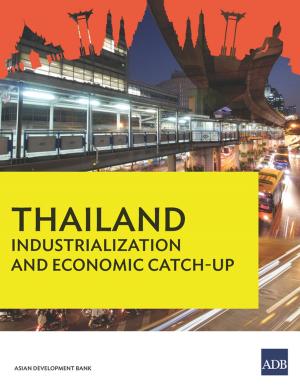Development Asia—Can Asia Unite to Weather the Storm?
April 2009
Business & Finance, Finance & Investing, Finance, Investments & Securities| Author: | Asian Development Bank | ISBN: | 9789292574222 |
| Publisher: | Asian Development Bank | Publication: | April 1, 2009 |
| Imprint: | Asian Development Bank | Language: | English |
| Author: | Asian Development Bank |
| ISBN: | 9789292574222 |
| Publisher: | Asian Development Bank |
| Publication: | April 1, 2009 |
| Imprint: | Asian Development Bank |
| Language: | English |
The global economic crisis has swept across Asia and brought into sharp focus attempts by nations to cooperate and to integrate their economies. In many ways, the financial crisis of the late 1990s led to the formation of regional cooperation mechanisms to stabilize markets and currencies in times of turmoil. Now these initiatives are being tested. In the third edition of Development Asia, William Branigin, a Washington Post staff writer and the newspaper's former Southeast Asia bureau chief for more than a decade, explores the impact of the global economic crisis on Asian economic cooperation. The insights are compelling. In addition, this edition looks at one of the unsung success stories of regional cooperation in Asia: the victory over piracy in the Malacca Strait. What was once one of the world's most dangerous shipping lanes is now patrolled by coordinated forces from the three nations surrounding the Strait—Singapore, Malaysia, and Indonesia. As a result, only two attempts to plunder booty were reported last year, and both were unsuccessful. The examination of the issues associated with Asian regional cooperation also includes an analysis of the evolution of the Association of Southeast Asian Nations as a regional grouping, and what Asia can learn from the economic and political integration of the European Union. Jenny Forster, a longtime journalist in Asia, and a new contributor to Development Asia, takes readers on a walk through an Indian slum. Triggered by the huge success of the movie Slumdog Millionaire, slum tourism has been booming. Jenny talks to people on both sides of the contentious issue. This edition also looks at the innovative use of bonds to finance vaccination campaigns in developing countries. This financing method gives investors a good return on their money, while children throughout Asia, Africa, and elsewhere benefit from lifesaving vaccines. Other feature stories include an examination of the impact on development of heart disease and other noncommunicable diseases. From Bangkok, we bring you the story of an unconventional Catholic priest who has transformed a one-room schoolhouse into one of Thailand's most dynamic development organizations.
The global economic crisis has swept across Asia and brought into sharp focus attempts by nations to cooperate and to integrate their economies. In many ways, the financial crisis of the late 1990s led to the formation of regional cooperation mechanisms to stabilize markets and currencies in times of turmoil. Now these initiatives are being tested. In the third edition of Development Asia, William Branigin, a Washington Post staff writer and the newspaper's former Southeast Asia bureau chief for more than a decade, explores the impact of the global economic crisis on Asian economic cooperation. The insights are compelling. In addition, this edition looks at one of the unsung success stories of regional cooperation in Asia: the victory over piracy in the Malacca Strait. What was once one of the world's most dangerous shipping lanes is now patrolled by coordinated forces from the three nations surrounding the Strait—Singapore, Malaysia, and Indonesia. As a result, only two attempts to plunder booty were reported last year, and both were unsuccessful. The examination of the issues associated with Asian regional cooperation also includes an analysis of the evolution of the Association of Southeast Asian Nations as a regional grouping, and what Asia can learn from the economic and political integration of the European Union. Jenny Forster, a longtime journalist in Asia, and a new contributor to Development Asia, takes readers on a walk through an Indian slum. Triggered by the huge success of the movie Slumdog Millionaire, slum tourism has been booming. Jenny talks to people on both sides of the contentious issue. This edition also looks at the innovative use of bonds to finance vaccination campaigns in developing countries. This financing method gives investors a good return on their money, while children throughout Asia, Africa, and elsewhere benefit from lifesaving vaccines. Other feature stories include an examination of the impact on development of heart disease and other noncommunicable diseases. From Bangkok, we bring you the story of an unconventional Catholic priest who has transformed a one-room schoolhouse into one of Thailand's most dynamic development organizations.

